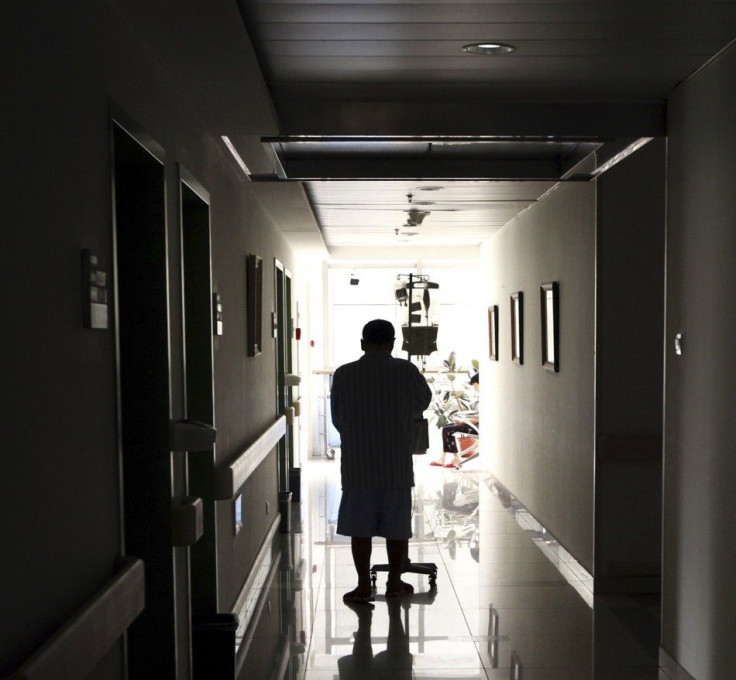Government Health Care Spending Seen Rising to $1.8 Trillion in 2022

(REUTERS) -- Government spending for Medicare, Medicaid and other health care programs will more than double over the next decade to $1.8 trillion, or 7.3 percent of the country's total economic output, congressional researchers said on Tuesday.
In its annual budget and economic outlook, the non-partisan Congressional Budget Office said that even under its most conservative projections, healthcare spending would rise by 8 percent a year from 2012 to 2022, mainly as a result of an aging U.S. population and rising treatment costs. It will continue to be a key driver of the U.S. budget deficit.
Medicare, the federal healthcare program for the elderly, accounts for about half the projected growth, with Medicaid at roughly one-third and the remainder attributed to new federal subsidies to help lower income Americans purchase insurance under President Barack Obama's 2010 healthcare overhaul.
Spending is expected to dip this year to $847 billion, from $856 billion in 2011, because extra federal money to help cash-strapped states pay for Medicaid ended last July. The healthcare program for the poor, Medicaid is jointly funded by federal and state governments.
But researchers warned that the longer term prospects for rising healthcare spending could have dire consequences for the U.S. deficit when combined with the cost of Social Security, if current revenue levels remain unchanged.
The resulting deficits will increase federal debt to unsupportable levels, the CBO report said.
To prevent that outcome, policymakers will have to substantially restrain the growth of spending for those programs, raise revenues above their historical share of GDP, or pursue some combination of those two approaches.
The data present the latest sobering news for Obama and lawmakers in Congress, who have spent months wrangling over how best to reduce a federal deficit that is expected to hover above $1 trillion in 2012 for the fourth year in a row.
The report is likely to feature prominently in the 2012 presidential campaign, where Republicans Mitt Romney and Newt Gingrich are vying for the support of fiscal conservatives to win the party nomination and face Obama in the November general election.
CBO also cited the cost of granting physicians a long-term reprieve from a Medicare reimbursement mechanism that is scheduled to impose a 27 percent pay cut on doctors in March.
The report said keeping physician payments at current levels through 2022 would cost the federal government $316 billion, up from last year's CBO estimate of $290 billion.
Lawmakers in Congress are trying to reach a deal on a one- or two-year doc fix under Medicare.
Foregoing reduced payment rates would cost the government $9 billion in 2012 and $19 billion 2013. The charge would rise sharply in later years to $47 billion in 2022 and $15 billion in additional debt service costs.
© Copyright Thomson Reuters 2024. All rights reserved.





















